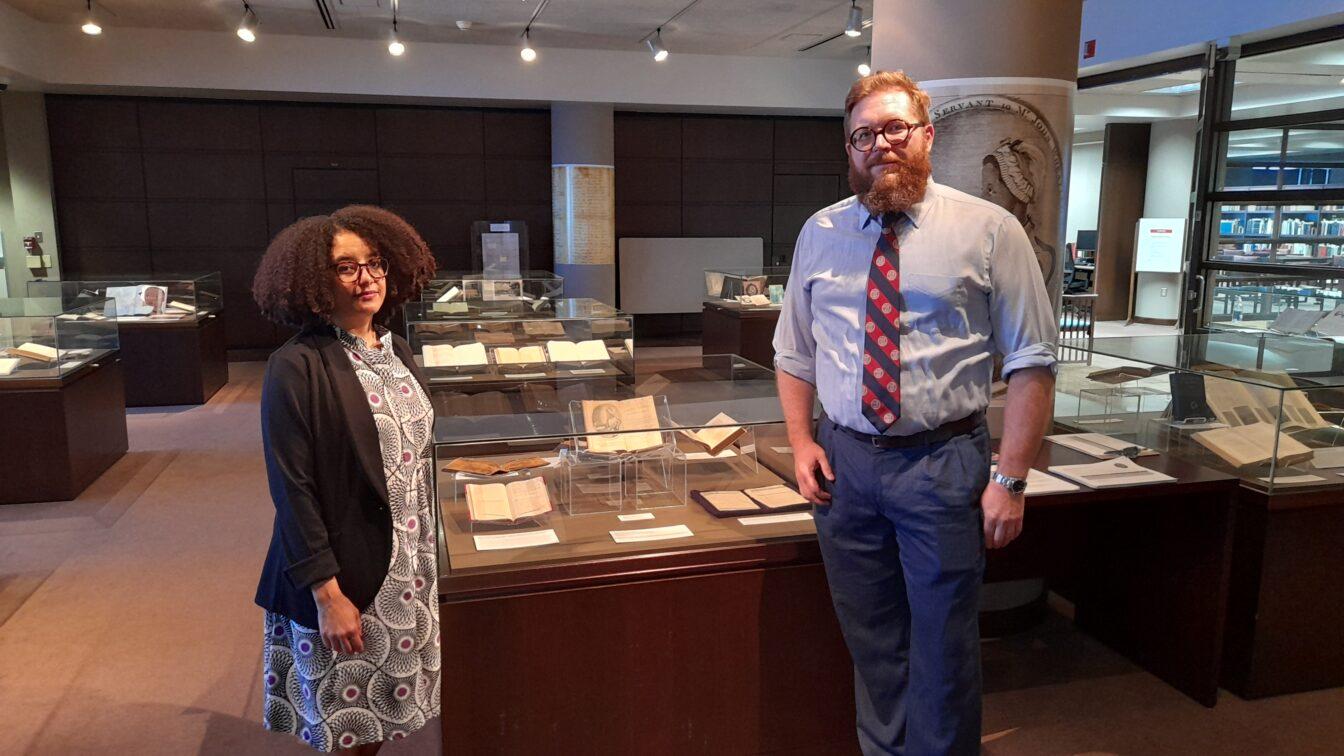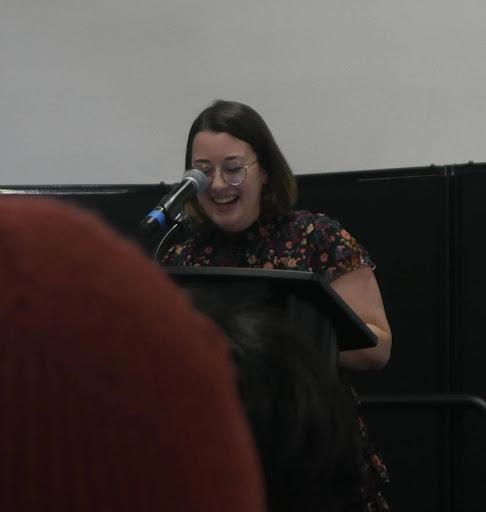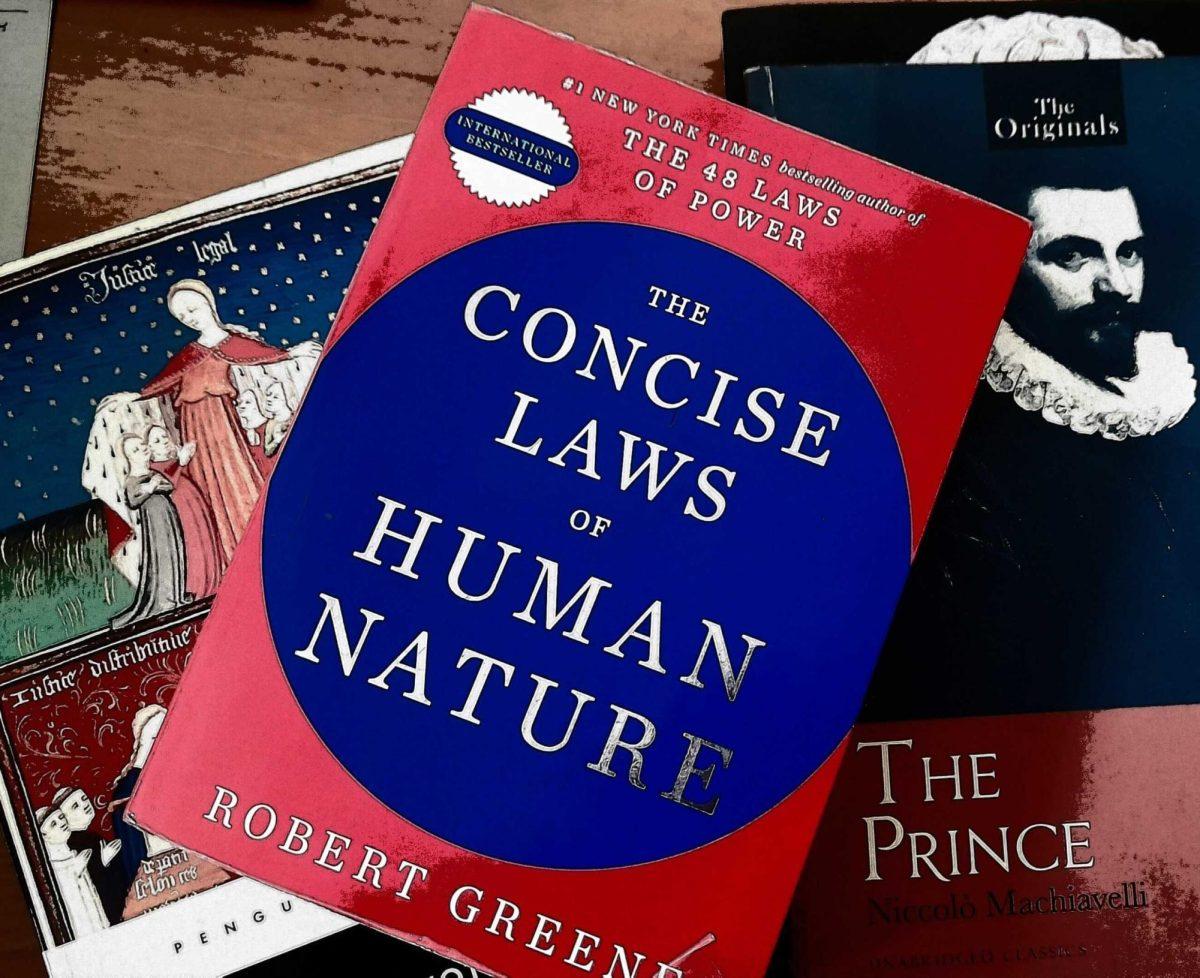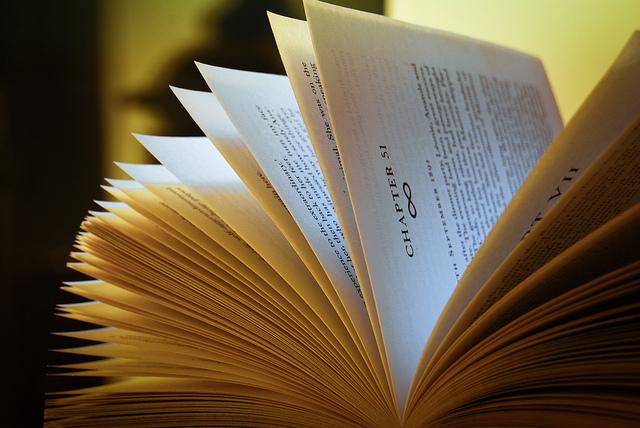In 1773, London’s presses produced a small book with a portrait of a young woman, among many other similar copies. The woman wore a respectable bonnet across her forehead, lost deep in thought while writing at a desk.
The sketch was inspired by the sketches of Scipio Moorhead, an enslaved man of African descent, according to The Met’s website. It covers the first edition of Phillis Wheatley’s most renowned work — “Poems on Various Subjects, Religious and Moral,” a poetry anthology. This was the first published work of an enslaved person or a person of African descent in America, according to the National Portrait Gallery’s website.
The anthology now sits on the ninth floor of Memorial Library in its Special Collections gallery space, along with many other old and new manuscripts and documents. Hence the name of the exhibit, “250 Years of Phillis Wheatley,” the collection of poems turned 250 years old in 2023.
To commemorate the 250th anniversary, two associate professors at the University of Wisconsin, Brigitte Fielder and Jonathan Senchyne, curated a collection of manuscripts, publications, correspondences and other documents related to Wheatley over the past two years. It opened Aug. 28 and will remain open until Dec. 22 — a total of four months.
WGA strike ends with tentative agreement, SAG-AFTRA strike continues
Drawing primarily from university libraries, the Wisconsin Historical Society, the Children’s Cooperative Book Center in the School of Education and their own private collection, the professors present a collection of 150 artifacts highlighting the influence of Wheatley and her poems across the 250 years since her initial publication.
One of the main goals of the exhibit is to show Wheatley’s prevalence and influence on the history of American literature, especially in the context of African-American literature, Fielder said.
“They say she is forgotten, forgotten by whom?” Fielder said. “Black writers were marginalized and ignored by many white institutions, but that does not mean they were not relevant or forgotten.”
The exhibit highlights Wheatley’s role in African-American literature shown with meeting minutes for the “Book Lovers Club” — an African-American book club in Wisconsin where Black intellectuals discussed memorizing and recite her poetry. Some members wrote essays and papers on her work a century after her initial writing was published.
Native Art Market at Arts + Literature Laboratory features works of Indigenous artists
“We are trying to show in the multitude of ways in which she has influenced American Literature and African American literature,” said Senchyne.
Wheatley also has a presence in children’s literature, which was uncommon for early Black writers, Fielder said. The CCBC has a large collection of this children’s literature.
Wheatley was not alone. There were many other enslaved African-American artists during her time. She was not the first Black author, but what differentiated her was her access to publication.
Wheatley was brought to the colonies through the slave trade. Given her physical weakness, she was seen as unfit for manual labour in the Caribbean and was sent to Boston as a seven-year-old. There, she was bought by a wealthy merchant, John Wheatley, as a companion for his wife, Susanna.
In the Wheatley household, she was instructed in the English language and introduced to the classical works of Alexander Pope, Virgil and Homer — an extraordinary education compared to what most enslaved people received. She was also immersed in the study of the Bible, geography and astronomy.
Failing to find publishers in the colonies, Phillis and Nathaniel Wheatley, the Wheatley’s son, traveled to London. In the year 1773, when Wheatley was 19, her collection of poems “Poems on Various Subjects, Religious and Moral” was published in London.
It was not common for African-Americans to have access to publication at the time, Fielder said. After Wheatley’s emancipation and the later death of Susanna, Wheatley experienced this struggle for publication. Back then, publishers paid little attention to the importance of African-American literature.
“They were interested in publishing her book and touted her as a very able writer, but these people were enslavers who had no qualms about buying a child who was kidnapped from her family,” Fielder said. “They were not simple supporters of Black art, they were people who socially benefited from Wheatley’s fame.”
Fielder and Senchyne not only want to display Wheatley’s work, but also to tell her story. A series of letters from Wheatley to Obour Tanner, another enslaved Black individual who lived in New England, is present in the exhibition’s documentation of Wheatley’s life.
Senchyne said the exhibit demonstrates the well-roundedness of Wheatley’s life.
Touch of Ukraine serving traditional dishes on Madison’s East Side
“She was a person of the 18th century, with friends,” Senchyne said. “She lived through the formation of the country. She lived through this movement of intense discussion of liberty and freedom as an enslaved person, and for some of it in poverty and hardship due to racial and gender discrimination.”
The documents not only show Wheatley as a poet, but as a person, and her struggle in a newly-forming nation.
To this day, Wheatley is present in many cultural forms, from Target’s Black History Month t-shirts, to most classes on American and African-American literary history.
Wheatley should be especially important to college students, Senchyne said.
“She was 19 when her book came out, the same age as many college freshman who are trying to figure out the world that came before them and the world that they will fit into,” Senchyne said.




















